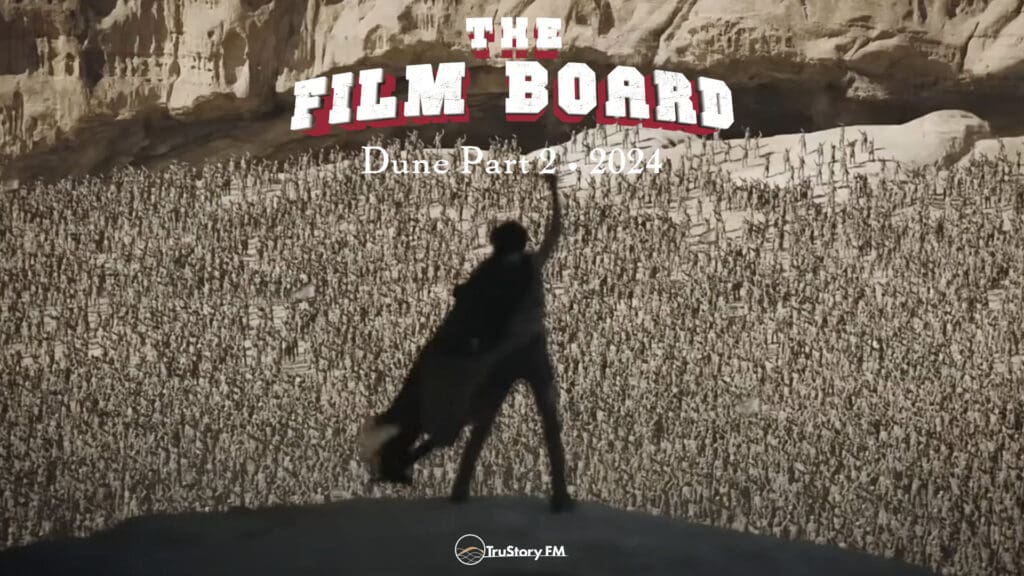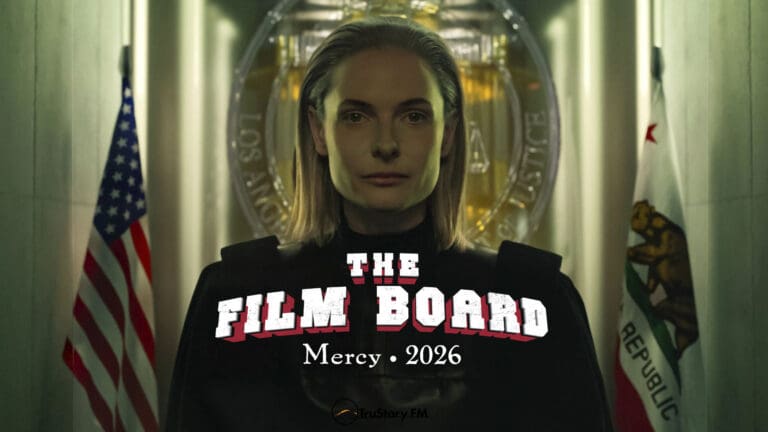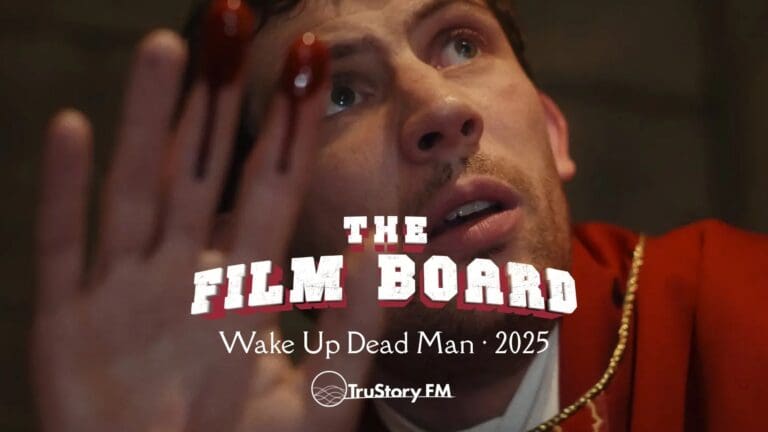In the vast expanse of cinematic storytelling, few tales grip the imagination like Frank Herbert’s “Dune.” As Denis Villeneuve’s vision unfolds in “Dune: Part Two,” the Film Board gathers to unravel the complex tapestry of prophecy, power, and the perils of messianic fervor.
Pete Wright, along with acolytes Steve Sarmento and Matthew Fox, embark on a journey through the dunes of Arrakis, where the line between hero and conqueror blurs like a mirage. As Paul Atreides grapples with his destiny, the specter of religious manipulation looms large, a testament to Herbert’s prescient critique of the weaponization of faith.
Yet, in the hands of Villeneuve, the narrative takes on new dimensions. Chani, once relegated to the sidelines, emerges as a voice of reason amidst the swirling sands of fanaticism. Her perspective challenges not only Paul but the audience, forcing us to confront the seductive allure of the messianic trap.
The parallels between Herbert’s world and our own become increasingly apparent. The Film Board dissects the Abrahamic roots of the messianic mythos, tracing the threads that bind the Fremen’s fervor to the real-world complexities of organized religion and the mobilization of indigenous peoples.
In the end, “Dune: Part Two” emerges as more than a mere sequel; it is a mirror held up to our own struggles with faith, power, and the consequences of unchecked belief. As the credits roll and the twin moons of discourse and reflection set, we are left to ponder the eternal question: in the face of prophecy, do we have a choice, or are we all swept up in the inexorable tide of destiny?
Film Sundries
- Watch this on Apple or Amazon, or find other places at JustWatch
- Theatrical trailer
- Original Material
- Letterboxd










